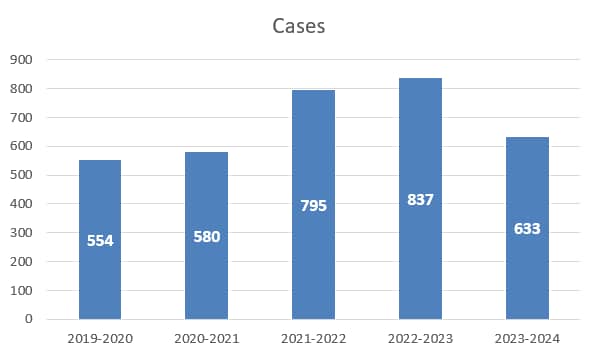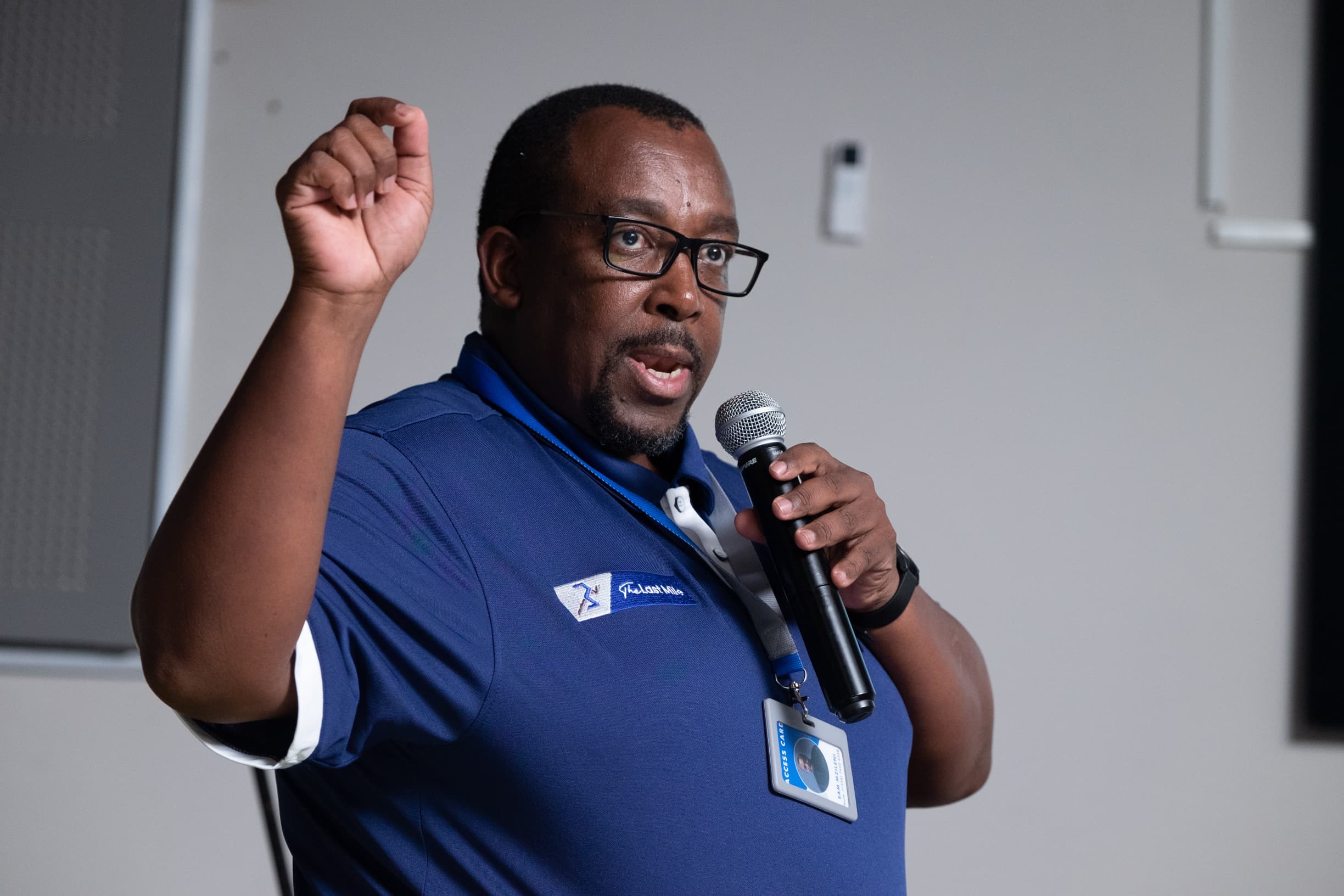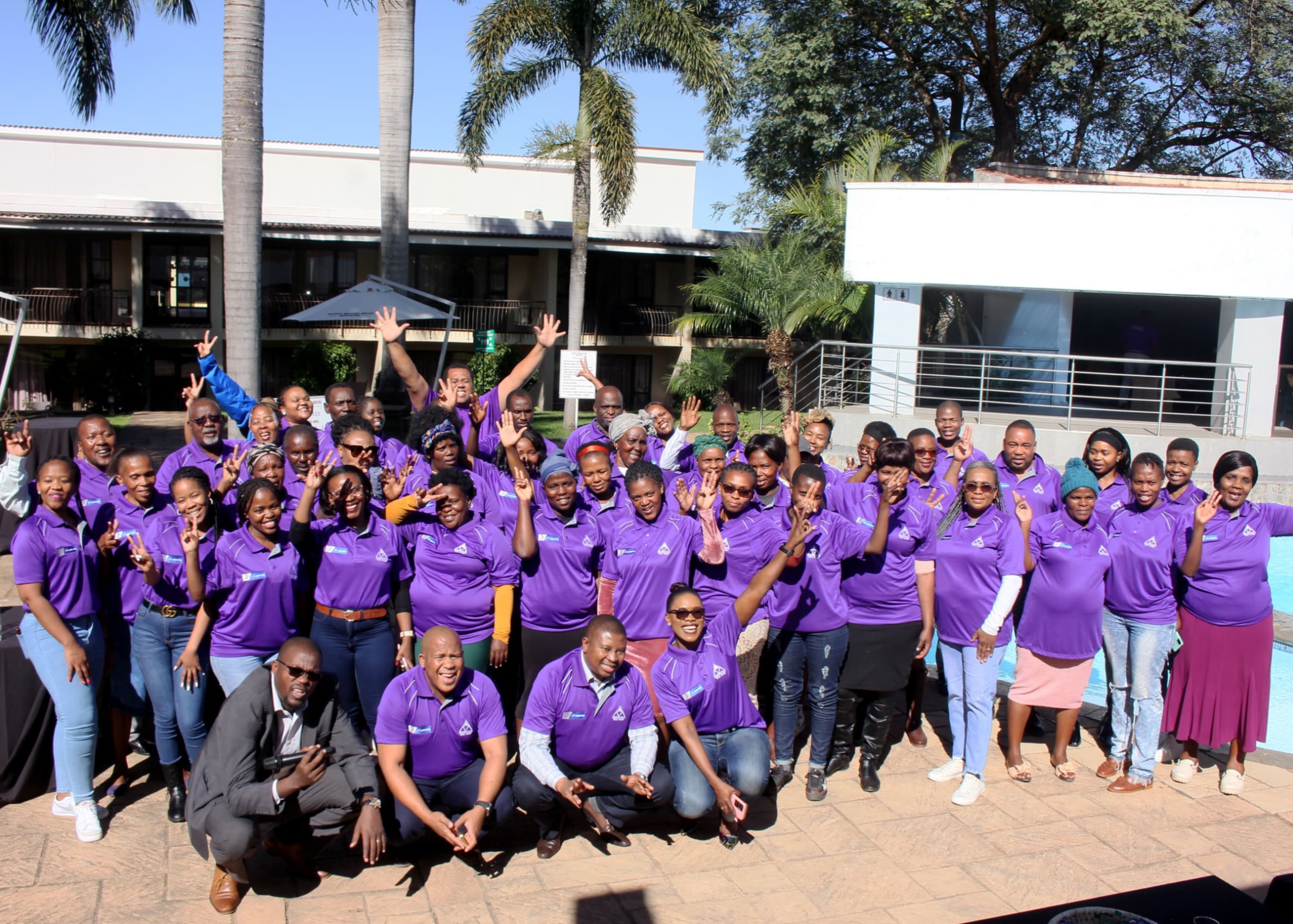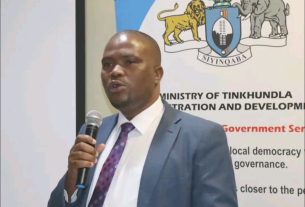By Own Correspondent
Road crashes are often life-changing events, leaving survivors and families grappling with the physical, emotional, and financial aftermath. For the Sincephetelo Motor Vehicle Accident Fund (SMVAF), survivors of road crashes are not just case numbers; they are people with stories, families, and futures. With compassion and dedication, SMVAF walks hand in hand with these individuals, guiding them from tragedy to recovery, ensuring they regain the quality of life they deserve.

“When we receive a notification of a road crash survivor, we see a person in need for professional quality care, not just a claimant. Our work begins with stabilising their condition, facilitating treatment, and ensuring they have the support needed to start their recovery journey,” says Ngeti Shongwe, SMVAF’s Case Management Manager.
Established under the Motor Vehicle Accidents Act of 1991, SMVAF initially focused on compensating victims. However, the introduction of the Sincephetelo Seamless Strategy 2020/24 marked a transformative shift. This strategy prioritises proactive, survivor-centric interventions.
As SMVAF continues its journey under a generally challenged local economy beset with financial constraints, the Fund remains resolute in its mission to support road crash survivors and foster a culture of road safety. With over E600,000, 000 paid out in the past five years, the impact of its work resonates across Eswatini.
The SMVAF continues to make impressive strides in managing road crash cases, handling a total of 3,399 moderate and severe cases over the past five years. This achievement highlights the Fund’s dedication to operational efficiency and a transformative future, which is the anchor goal of the Seamless Strategy 2020/24.
Yearly case numbers include:
• 2019-2020: 554 cases
• 2020-2021: 580 cases
• 2021-2022: 795 cases
• 2022-2023: 837 cases
• 2023-2024: 633 cases
Though there’s a slight decline in the latest year, SMVAF is committed to refining its strategies to meet new challenges head-on. A key focus of their approach is settling claims and reducing backlog, which has inadvertently tapped into the organisation’s resources, leading to some deficits. However, CEO David Myeni asserts that they are successfully realigning operations and are nearing the conclusion of a transformative journey that has reshaped the organisation’s future.
Road crashes are classified into three categories: severe, moderate, and minor. Though severe cases are less common, they account for the majority of costs due to their complexity and the serious injuries involved, such as spinal cord damage. These situations often necessitate extensive medical treatment and a lengthy recovery, which can lead to long-term disabilities. Investing in prevention and safety measures can significantly reduce these devastating impacts.

Meanwhile, Shongwe explains that the Case Management Department has four teams, primarily focused on clinical care. One team manages treatment and rehabilitation, consisting mainly of nurses who conduct hospital visits and home visits as needed by the claimants.
“Under the Seamless Strategy, when someone was injured we did not wait for the paperwork to be completed, but initiated the process immediately. This is after receiving urgent notifications from various stakeholders, including hospitals and the police, regarding severe cases requiring immediate attention. During hospital visits, we assess the patient’s needs, assist them or their relatives in completing claim forms, and clarify the necessary documentation.”
When a road crash occurs, SMVAF promptly coordinates medical care, covering emergency expenses for stabilising survivors up to E50,000 while the legal team simultaneously evaluate claims. Liability and accident circumstances are still under review, and treatment and claim limits may vary based on these factors.
“We ensure the hospital receives everything needed for treatment, and if advanced assessments like magnetic resonance imaging (MRI) are required, we arrange ambulance transportation to the medical facilities that provide such specialised care. Our priority is to provide the best possible care,” says Shongwe.
SMVAF collaborates with specialist doctors and the treatment team in the hospitals to ensure seamless case management.
“Upon discharge, we ensure appropriate transportation and provide essential medications to support recovery and reintegration into society. We focus on timely rehabilitation, striving for positive outcomes despite challenges related to comorbidities and social factors,” she explains.
In a number of cases, injuries from road crashes lead to permanent disabilities. SMVAF’s case management approach ensures that the environments are adapted to meet the clients’ specific needs, especially those returning home in wheelchairs. Psychotherapy and counselling are provided for both the individual and their family to help them adjust to their new reality, and ensure that recovery is not delayed.
Some survivors return home to challenging environments, including tensions, that impede recovery. In such instances, SMVAF collaborates with the Deputy Prime Minister’s Office and other stakeholders to provide temporary accommodation or special diets.
SMVAF also takes a proactive role in preventing road crashes. Community outreach programmes, hospital awareness campaigns, and collaborations, such as the Ingwenyama Cup tournament, help educate the public about road safety and SMVAF’s services.
“We are witnessing a more informed public, with people now reaching out for guidance and assistance. This awareness ensures survivors access the care they need without delay,” says Menzi Shongwe, Case Management Officer at SMVAF.
In another matter, public and mission hospitals are vital to our healthcare system, and it is essential they address current challenges to improve patient care. SMVAF acknowledges the collaborative efforts of the Government, the Ministry of Health, and stakeholders in making progress. By empowering hospitals to manage treatment and rehabilitation effectively, the nation can relieve pressure on SMVAF, enabling it to focus on its core mission of compensation and road safety in Eswatini.

“We encourage exploring all available assistance programmes, such as the Phalala Fund, particularly once treatment limits are reached. Continued collaboration with well-prepared hospitals is crucial for supporting those impacted by road crashes,” says Sam Mzileni, Corporate Services Executive at SMVAF.
“Working together allows us to navigate the complexities of healthcare and ensure every patient receives the care they need. Let’s build on this momentum and drive meaningful change,” Mzileni adds.





